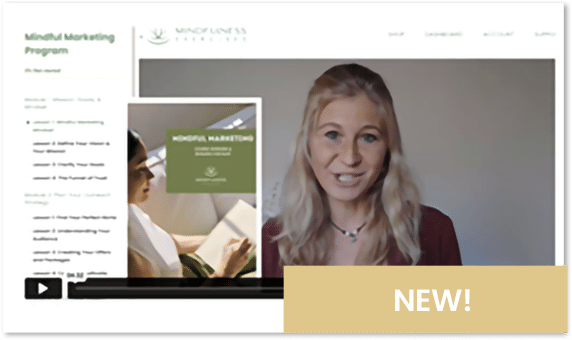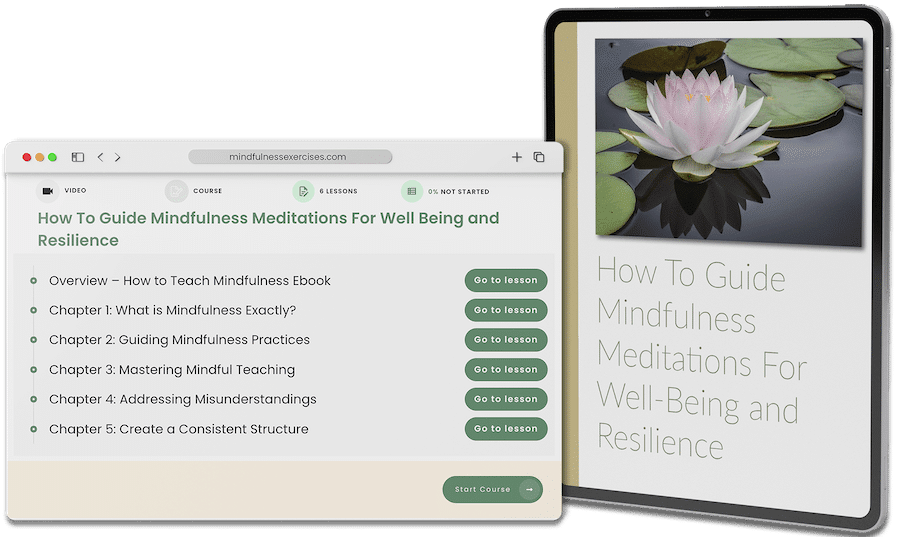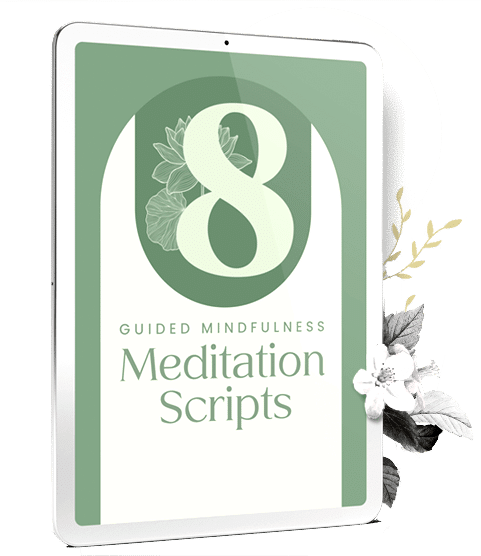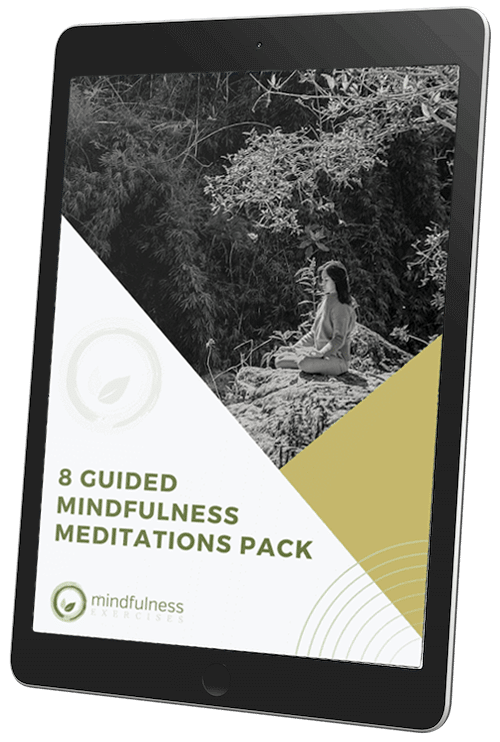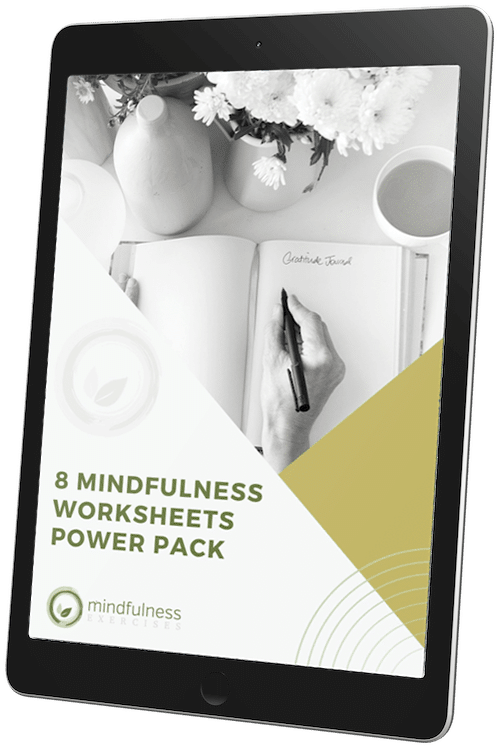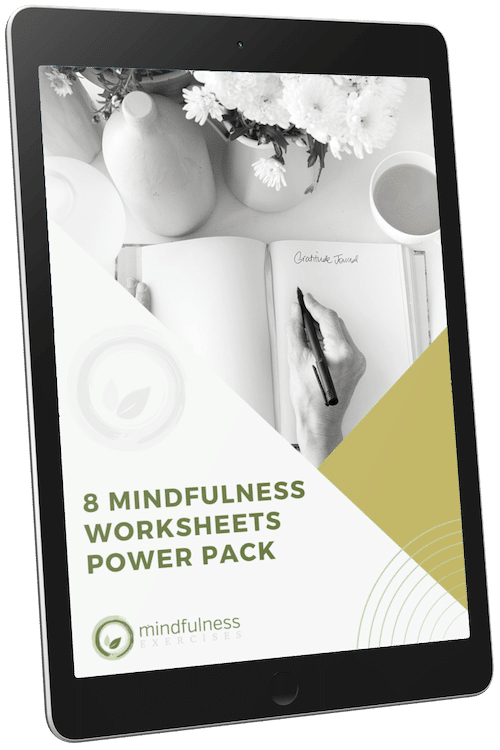When we think about mindfulness, we often think about quiet, formal practice. This is because we tend to associate mindfulness with being an inward practice – and in one way, it is. However, mindfulness is not just about us as individuals. Mindfulness, when deeply embodied, enhances both inward and outward awareness, impacting not just ourselves but the relationships we are in as well.
In this comprehensive guide to mindful relationships, we will explore:

What Is A Mindful Relationship?
While it could be tempting to try to define what mindful relationships are, it is more accurate to consider what mindfulness in relationships are. This is because relationships are not static; they are always in motion. In some moments, they embody more mindfulness than in other moments. Because of this, it is difficult to put our finger on what degree of mindfulness a relationship would require in order to be deemed a ‘mindful relationship’.
With that said, relationships that embody higher degrees of mindfulness tend to exemplify the following qualities:
Openness
Openness in relationship can be defined as a willingness to take in new information about our partner – to listen and to learn. It also helps us to be more honest, authentic, and vulnerable.
Curiosity
Curiosity in a relationship goes hand in hand with openness. Curiosity drives us to find out more and is founded on the understanding that we do not know everything – that there are many other ideas, perspectives, and experiences to explore and come to understand.
Patience
When we practice patience in a relationship, we are able to sit with the flow of things. We can be present with our own challenges and emotions as well as those of the other person.
Compassion
Another element of mindfulness in relationships is compassion. Compassion connects us to the understanding that we share our humanity with all others. It helps us to be kind, patient, and loving.
Understanding
Understanding is not present in every moment of a relationship, but when we are committed to our mindfulness practice, we have a genuine yearning to understand. We are willing to expand away from our personal perspective to get a sense of what another person sees, thinks, or feels.
It is also worth noting that ‘mindful relationship’ is a term often used in the context of romantic relationships. Mindfulness can of course, however, be applied to any relationship we are in. The closer we are to someone, the further our mindful exploration might take us.
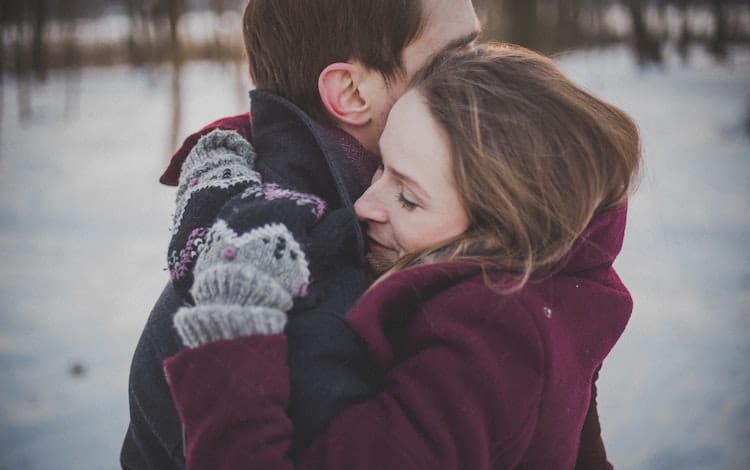
The Benefits of Mindfulness in Our Relationships
When it comes to personal benefits, most of us have heard that mindfulness can help to lower stress and anxiety, improve sleep, and support our wellbeing in many other ways. Applying mindfulness to our relationships evokes all of those benefits and more. For the benefit of our relationships, mindfulness can:
Increase openness and receptivity
Since mindfulness helps to lower the stress response, it makes us more receptive to our partner. When we are in a fight-flight-freeze mode, we cannot adequately listen or respond to the emotions or needs of others. As we shift from a state of stress into a state of presence and relaxation, we are able to listen and learn with increased openness.
Enhance self-awareness and awareness of others
Mindfulness can also help us to become more aware of our own conditioned belief systems and habitual ways of acting. Perhaps we tend to raise our voice with our partner when we are tired or perhaps we feel frustration when our parents tell us how we should be raising our own children. Mindfulness increases our awareness of things, enabling us to begin shifting how we respond. An increase in self-awareness also helps us to understand others better, granting us more patience during difficult times.
Improve emotion regulation
Dysregulated emotions not only have a negative impact on our own wellbeing but also on the wellbeing of our relationships. When we are better able to regulate our emotions, we tend to communicate more clearly and compassionately. This has a positive impact on our relationship. In addition, mindfulness helps to reduce reactivity, further bettering communication in our relationships.

“We often get caught up in our own reactions and forget the vulnerability of the person in front of us.”
- Sharon Salzberg -
Increase compassion and empathy
Furthermore, mindfulness doesn’t just help us to increase our awareness of things as they are. It enhances our compassion and empathy in the process. When we are compassionate with others (and they with us), our relationships hold more love. And, when we are compassionate with ourselves, we are better able to uphold healthy, sustaining boundaries.
Support difficult conversations
Additionally, mindfulness is an excellent tool to bring to any difficult conversations we need to have in a particular relationship. It enables us to listen with open heart and mind and to communicate more clearly and effectively. It helps both parties to be seen, heard, and better understood.

6 Mindful Relationship Habits
The form that mindfulness takes in relationship can vary according to who we are and what our relationship needs. There is no rulebook as to how you must act in order to foster an increasingly mindful relationship. With that said, if you are wondering how to be more mindful in a relationship, you might consider the following 6 practices, adopting them as mindful relationship habits if they resonate with you:
1. Express gratitude.
One enriching mindfulness practice is to harness awareness of the blessings in our lives. When it comes to relationships, we can explore this by expressing our gratitude for the people in our lives. Consider writing a letter or expressing your appreciation for someone you love in person.
2. Remember to breathe during difficult conversations.
All relationships experience difficult times. We cannot avoid them, but how do we tune into them? Remembering to breathe, to tune into the heart, and to soften the body when we are in the midst of a tough conversation can help us to feel more open and receptive.
3. Put down your phone.
With the vast web of digital technology that exists today, there are many things vying for our attention. One easy way to enhance presence with a partner or loved one is to be mindful of the time we spend on our phones or computers. Set aside time each day to be device-free. Early morning and late evening are great starting points for this.
4. Listen to understand, not to respond.
When we are in conversation with another person, are we listening to understand what is being said or are we formulating our response in the meantime? Mindfulness requires attention, and we can practice this in our day-to-day life by being fully present when another person is speaking.

“To listen entails a fundamental letting go of self-centeredness. We have to be willing to put down our own thoughts, views, and feelings temporarily to truly listen.”
- Oren Jay Sofer -
5. Find balance between space and togetherness.
Another practice for those wondering how to be more mindful in a relationship is to honor the balance between our individual needs for space and for togetherness. In intimate relationships in particular, we tend to focus more on the need for togetherness. However, minding the space between us can actually help to increase loving appreciation for our partner.
6. Ask more questions.
Lastly, we can enhance the mindfulness principle of curiosity by asking more questions to those we are in relationship with. What do you not yet know about your partner or this other person before you? Remain non-judgmental towards everything that arises, revelling in the mystery and wonder of this unique individual you are in relationship with.

4 Mindfulness Exercises to Strengthen Relationships
In addition to small habits we can adopt in our relationships, there are a variety of mindfulness exercises that can be used to strengthen our relationships. Some of these are in the form of teachings or guided meditations whereas others are pen-to-paper exercises we can explore by ourselves or with another.
1. Closing Down in Relationships – Worksheet
This worksheet is a simple reflection exercise designed to enhance our awareness of the tendency to close down in relationships. It invites us to note when we ourselves closed down in a relationship and when others have. This is a great exercise to explore after a difficult conversation to enhance awareness. Download it here.
2. Addressing Another’s Concerns – Worksheet
Addressing another person’s concerns are not always easy, particularly when they don’t align with our own. How can you best address what is being felt in this case? This worksheet invites you to reflect upon the concerns of others, inquiring about how you can mindfully and compassionately support another when worry is on their mind. Access the worksheet here.
3. Noting Your Emotions – Guided Meditation
Emotional awareness can help us to better communicate what we are feeling and experiencing with someone we love and trust. Kristin Neff guides this meditation on noting our emotions, which can enhance self-awareness and provide a new way of sharing how we are feeling with our partner or loved one.
[ai_playlist id=”193286″]
4. The Art of Mindful Communication – Oren Jay Sofer
Communication is at the heart of our relationships. In this 40-minute talk, Oren Jay Sofer explores the art of mindful communication, beginning with a short reading from his book ‘Say What You Mean: A Mindful Approach to Nonviolent Communication.’










